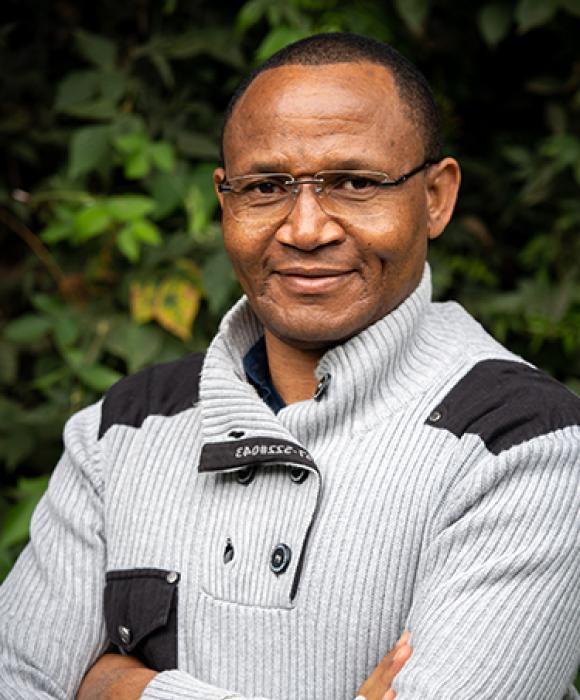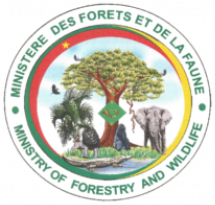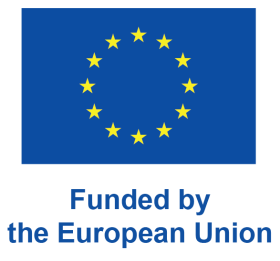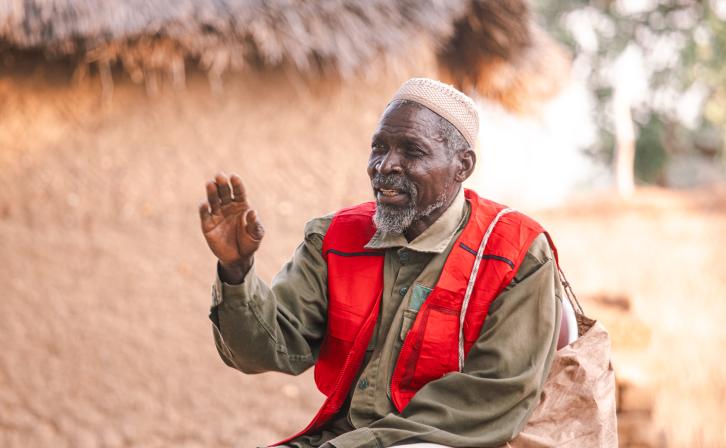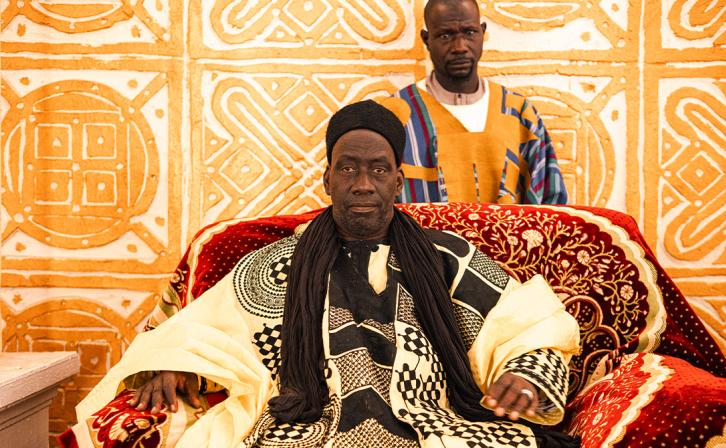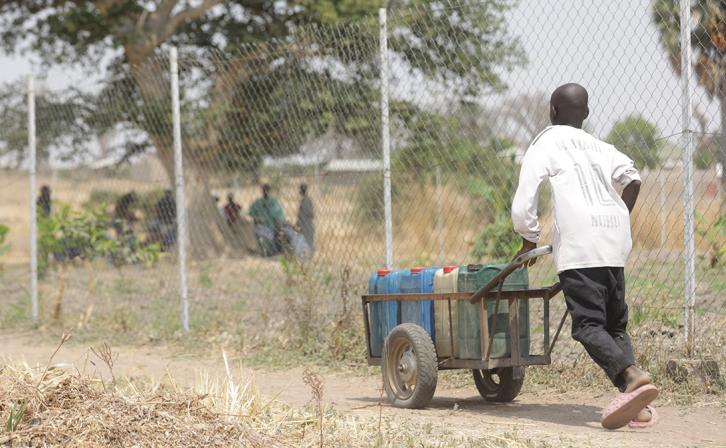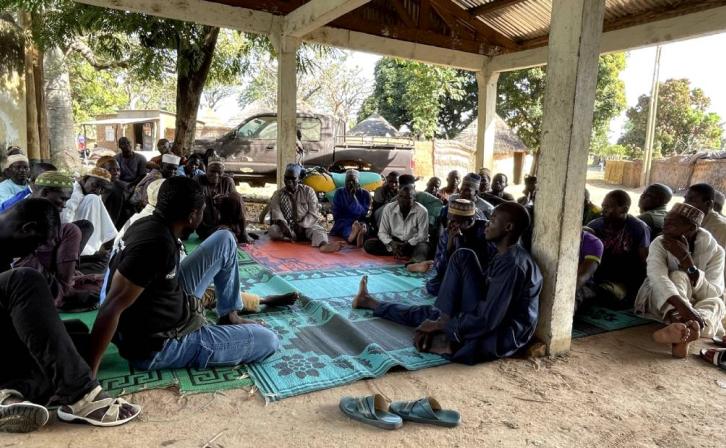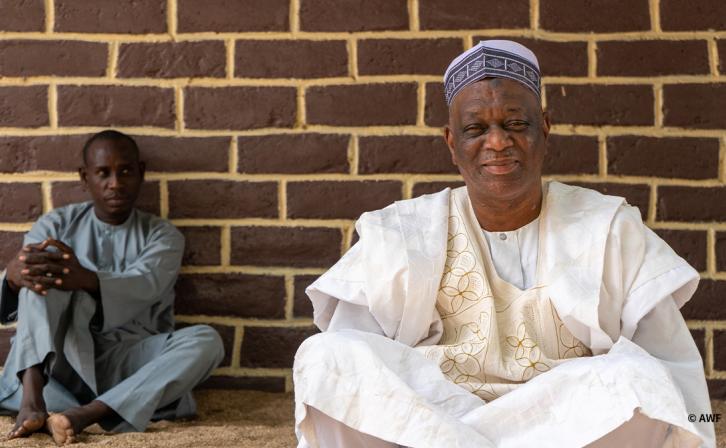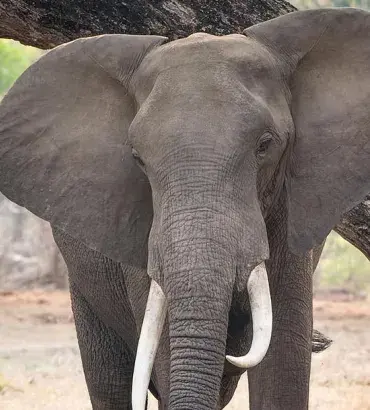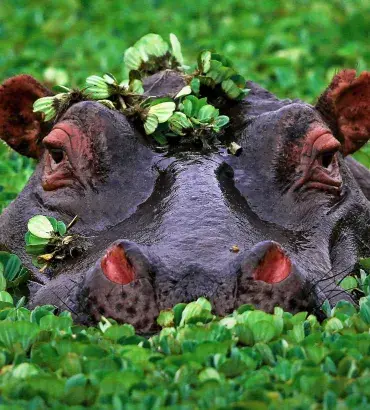Faro
The Faro landscape in Cameroon includes Faro National Park. The landscape is home to diverse wildlife, including elephants and the largest hippo population in Central and West Africa. Maintaining its rich biodiversity requires a holistic response to challenges including commercial poaching, transhumance (seasonal cross-border livestock herding), illegal fishing, and climate change impacts.
AWF supports the government in managing Faro National Park while ensuring that conservation supports the needs of local communities and Indigenous people. With European Union support, we are delivering an integrated program that incorporates:
- Microenterprise development
- Participatory land-use planning
- Capacity-building in protected-area management
- Training in counter-wildlife-trafficking
- Mediation of community conflicts related to transhumance
AWF in Action
Promoting New Livelihood Models
We have collaborated with the World Agroforestry Center and local people around Faro to establish the Tchamba Rural Resources Center, which functions as a springboard for agroforestry cultivation. The center's nursery has cultivated and distributed to communities approximately 8,000 indigenous tree seedlings, including moringa, anacardium, mangifera, guava, pawpaw, and citrus.
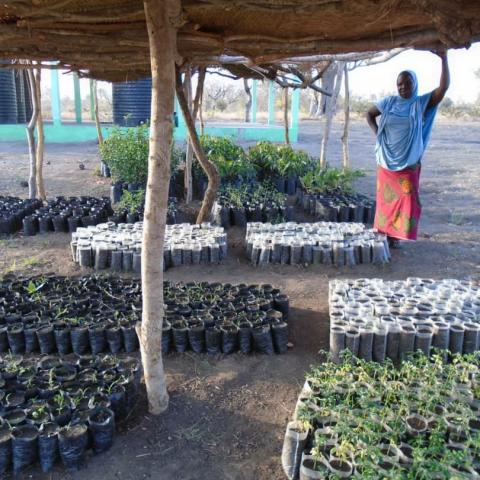
Addressing Conflict Over Natural Resources
We support communities around Faro National Park in developing land-use plans, which improve natural-resource management by delineating multi-use zones. We also helped create a local “diplomacy network” of local community members to mediate conflict and foster two-way communication between incoming herders and those already grazing and farming in the area. As a result, groups traditionally in conflict over land use are collaborating to establish corridors and improved grazing areas for seasonal cattle pasture and passage.
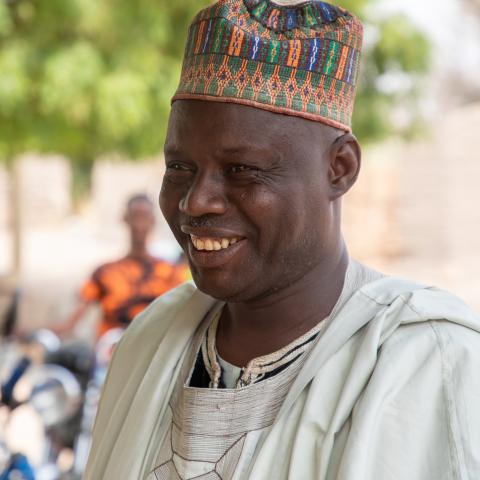
Monitoring and Protecting Wildlife
We build rangers’ anti-poaching capacity, providing tracking technology and training in best practices. We also helped create a community scout contingent based at the park’s borders, which protects against incursions and monitors wildlife. This includes gathering baseline species population data, which is critical to assessing conservation success and monitoring endangered wildlife populations.
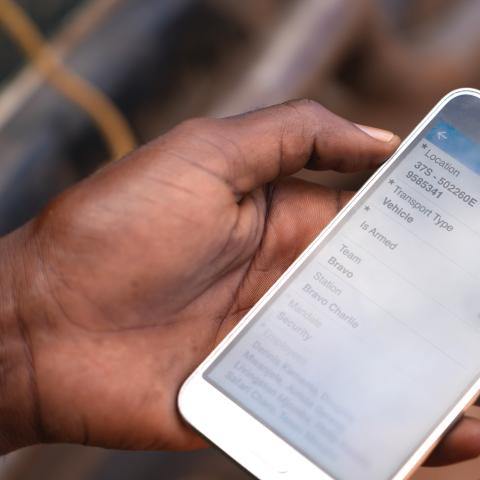
Improving Cameroon’s Park Infrastructure
We’re developing a new park headquarters in Voko and a park base on the river at Faro Beach to ease park access and facilitate rapid deployment of rangers responding to emergencies and incursions. Our infrastructure work also includes road improvements and maintenance and contributing to planning for river crossings and airstrips that will improve access to the park.

We work with the people of Cameroon for wildlife. Our strategic, implementing and funding partners include:
See More of Our Work
Wildlife We Are Protecting
